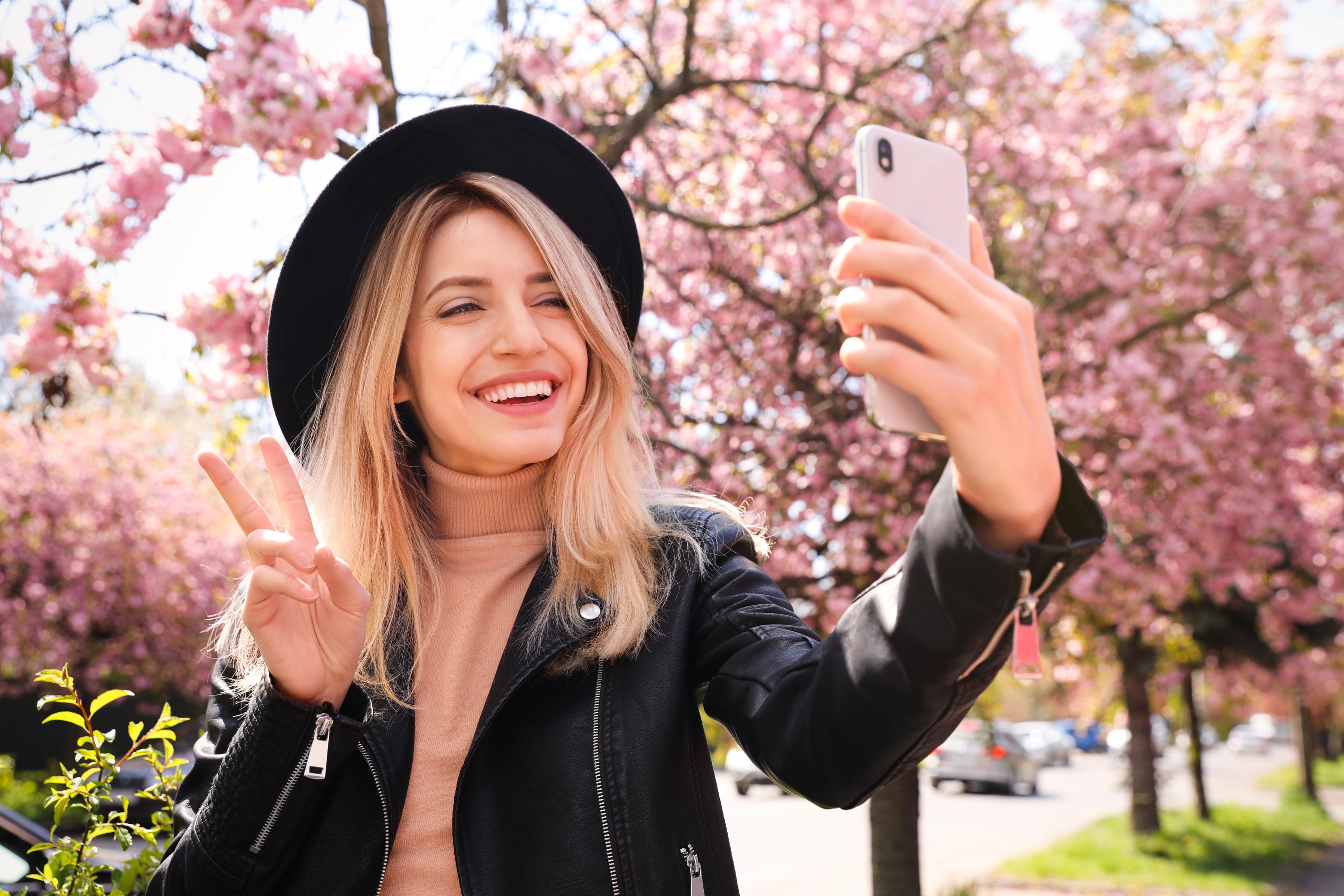New Research Suggests Using Photo Filters While Online Dating Can Impact How Likable And Trustworthy A Person Is Perceived

Making a good first impression is crucial, particularly when it comes to online dating apps. Users will usually glance at profile photos for a second or two before deciding whether to swipe left or right. In recent years, photo filters have become increasingly common on social media platforms and dating apps.
These tools allow people to tweak their appearances. Filters can be fun and silly, such as turning someone into a food or animal, or they can be more subtle, enhancing certain facial features and making a face look smoother and younger.
A team of researchers wanted to look into how these filters influenced judgments of the likability and trustworthiness of unfamiliar faces on dating apps.
They recruited 218 participants from a Colombian university and showed each participant 24 different faces, including 12 male and 12 female. There were three versions of the faces: unfiltered, subtly filtered, and exaggeratedly filtered.
The subtle filters simply smoothed the skin and enhanced features slightly, while the exaggerated filters noticeably altered facial symmetry or enlarged the eyes. The participants were asked to rate the faces based on how much they liked the faces and how trustworthy they found them. It was supposed to mimic the rapid-fire judgment calls that are made when swiping on dating apps.
In addition, the participants had to complete a questionnaire that measured their openness to casual hookups. This allowed the researchers to test whether participants who were more willing to engage in casual hookups were more likely to trust certain faces.
The team found that individuals who were more open to casual hookups were more likely to dislike unattractive faces, but their liking of attractive and neutral faces did not differ much from others. These individuals also had a greater likelihood of trusting faces in general, regardless of attractiveness levels and the type of filter applied.
Attractive faces were rated as more likable and trustworthy than unattractive faces. The results support the idea of “pretty privilege,” where attractive people are perceived more positively. The subtle photo filters increased how much participants liked a face. Exaggerated photo filters had no impact on likability. The level of filtering did not affect trustworthiness.
“We expected that exaggerated photo filters (e.g., with extremely enlarged eyes) would decrease trustworthiness judgments and liking responses,” said study author Antonio Olivera-La Rosa, a professor at Luis Amigó Catholic University in Medellín, Colombia.
New Africa – stock.adobe.com – illustrative purposes only, not the actual person
Sign up for Chip Chick’s newsletter and get stories like this delivered to your inbox.
“However, this was not the case. In general, our findings suggest that the effects of the ‘strength’ of photo filters on social perception may be limited to attractiveness judgments, with no effect on perceived trustworthiness.”
Furthermore, unattractive male faces were judged more harshly than unattractive female faces, suggesting that men perceived as unattractive may face stronger social consequences.
According to Olivera-La Rosa, it is more important than ever to study what factors might influence people’s trustworthiness online with the rise of AI.
The study was published in the Canadian Journal of Behavioral Science.
Welcome to Billionaire Club Co LLC, your gateway to a brand-new social media experience! Sign up today and dive into over 10,000 fresh daily articles and videos curated just for your enjoyment. Enjoy the ad free experience, unlimited content interactions, and get that coveted blue check verification—all for just $1 a month!
Account Frozen
Your account is frozen. You can still view content but cannot interact with it.
Please go to your settings to update your account status.
Open Profile Settings